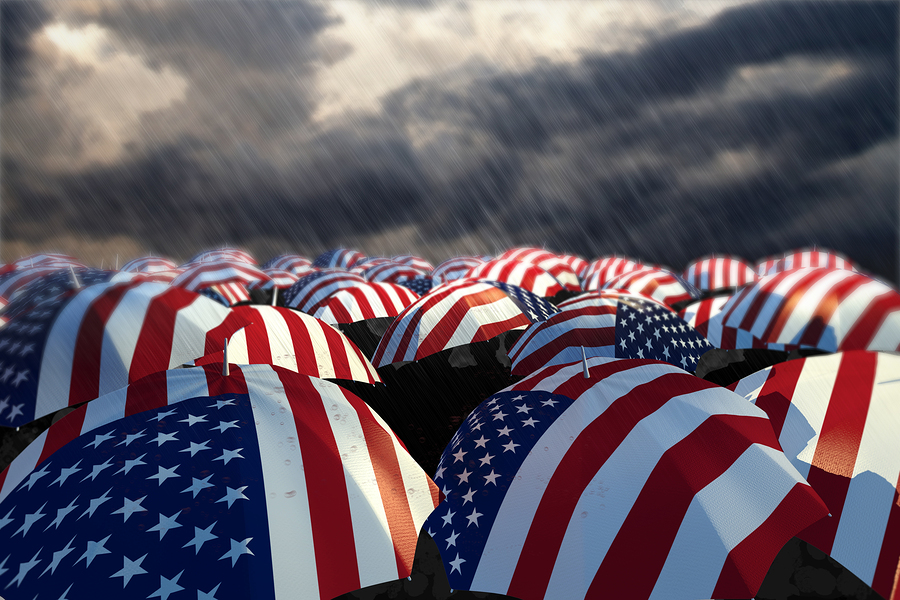World Trade Organisation establishes global trade deal
The World Trade Organisation has established a global agreement spanning 159 countries to facilitate international business and increase trade around the world. It aims to boost world trade by $1 trillion.
The WTO met in Bali, Indonesia and discusses ways to simplify the bureaucracy of cross border trade. This is the first agreement the Organisation has made since it was founded in 1995. The aim of the agreement is to benefit every country but help the poorer nations in particular sell their goods internationally by increasing farm subsidies and improving duty-free access.
Africa specifically will benefit from this, as the continent has the longest customs delays in the world. The African Development Bank, states that clearing goods through the Victoria Falls customs post from Zambia into Zimbabwe can take 36 hours. There are then 69 official checkpoints between Lagos and Abuja in Nigeria. This makes moving perishable goods an almost impossible task, as well as making the process longer and more expensive.
Reducing the time and money involved with cross border trade is one of the main aspects of this deal and the WTO hopes to encourage more people to conduct business internationally. Estimates put the cost of administrative obstacles at twice that of imported goods tariffs, so by focusing on trade facilitation the deal should be very effective.
The “Bali package” as it is known has received some criticism from development campaigners such as Nick Dearden from The World Development Movement who stated that “If the U.S and EU really wanted to tackle global poverty, they would have made the least-developed-countries package much stronger.” However, various world leaders, including UK Prime Minister David Cameron and the Indonesian Trade Minister Gita Wirjawan have supported the deal wholehearted, with Mr Wirjawan saying that the deal would “benefit all WTO members”.
Ironing out the final details of the deal mean that implementation could be still some time away as there are many domestic political factors from the 159 WTO member countries to manage.

